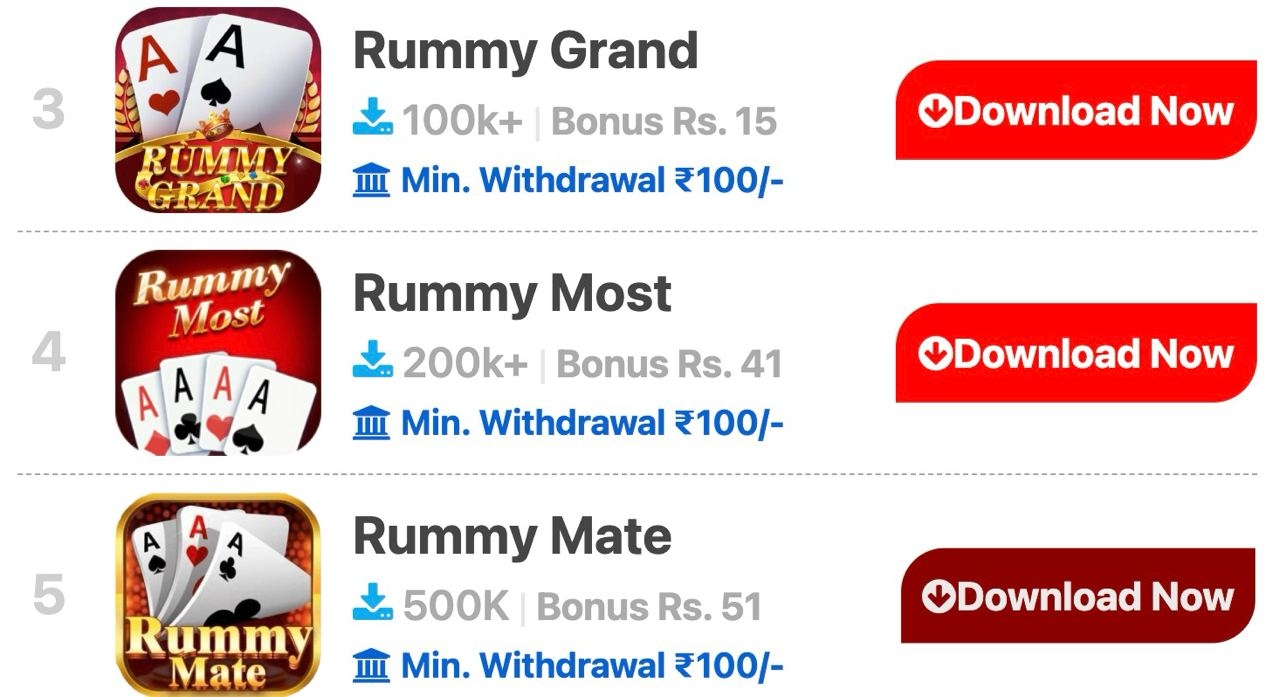When you decide to download a new app, it’s tempting to rely only on what you see in the app store. After all, the description and screenshots give a quick idea of what the app does. But if you want to avoid frustration or wasting your time, taking a little extra effort to find reliable information before hitting the download button can save you a lot of hassle. Apps come in many forms, from games to productivity tools, and not all of them are created equal. Knowing where to look and what to look for can help you make a better choice.
In this article, I’ll walk you through practical ways to gather trustworthy information about any app, so you get a clear picture before installing it on your device.
Don’t Rely Only on the App Store Description
The first place most people check is the app store—Google Play or the Apple App Store. The problem is, the app’s description is usually written by the developers or marketers. It tends to highlight the best features and benefits, but it won’t tell you about the bugs, hidden costs, or tricky permissions the app might require.
Sometimes descriptions can be vague or overly optimistic. For example, an app claiming to improve your daily productivity might not explain that many key features require paid upgrades. So, don’t treat the app store listing as the only source of truth. It’s useful but far from complete.
Learn from User Reviews—But Read Them Wisely
User reviews can provide valuable insights, but they come with their own challenges. Some reviews are genuine and detailed, explaining what users liked or didn’t like. Others might be fake or written by people with a bias—either overly positive reviews from promoters or overly negative ones from competitors.
Look for reviews that mention specific experiences and avoid those that use general phrases like "Great app!" or "Don’t waste your time." Also, pay attention to how recent the reviews are. An app updated regularly with recent positive feedback is often more reliable than one with only old reviews.
Seek Out In-Depth Articles and Guides
If you want a clearer understanding of an app, look for articles or blog posts written by experienced users or experts. These articles usually go beyond surface details and explain how the app works, what problems it solves, and where it might fall short.
For example, if you’re interested in card games or strategy apps, some dedicated sites offer thorough reviews and tutorials. One such resource is all rummy, which provides useful guides and detailed information on popular all rummy app, helping users choose the right one for their needs.
Such articles can save you time by summarizing key points and answering common questions. They’re often honest and balanced because the writers aim to help users, not just promote the app.
Check Community Discussions and Forums
Another good way to gather reliable information is by browsing forums or online communities related to the app’s category. Websites like Reddit, Quora, or specialized game forums often have discussions where real users share their experiences.
You can find answers to specific questions or common issues people face. If you’re unsure about privacy concerns or payment methods, forums are good places to ask and read others’ opinions.
When using forums, be careful to verify what you read by cross-checking with other sources. Some comments may be personal opinions or isolated incidents.
Look into the App’s Permissions and Updates
Before downloading, check what permissions the app asks for. Sometimes, apps request access to data or device features they don’t need. For instance, a simple card game shouldn’t require access to your contacts or microphone.
Also, consider how often the app gets updated. Frequent updates usually mean the developers care about fixing bugs and improving the app. You can find update history in the app store or on the app’s official website.
Conclusion: Make Informed Decisions, Avoid Regrets
Downloading a new app should be a thoughtful choice, not just a quick tap on the screen. Taking time to find reliable information helps you avoid problems like slow performance, unexpected charges, or privacy issues.
Start by looking beyond the app store description, read user reviews carefully, explore detailed articles, join community discussions, and check permissions. By doing this, you’ll know what to expect and how the app fits your needs.
Remember, a little research upfront makes a big difference in your overall experience. Next time you’re about to download an app, take these steps—your future self will thank you.
